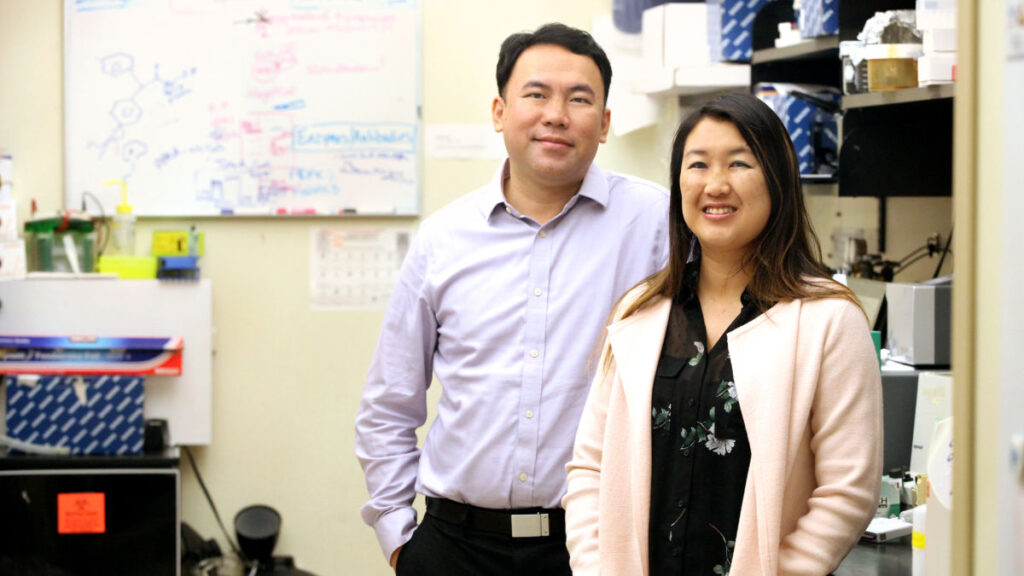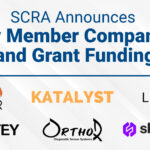Region: Coastal
Industry: Life Science
Funding Received: SBIR/STTR Matching Grant


The company was awarded $1.5 million National Institutes of Health Phase II SBIR grant and SCRA provided a $50,000 Matching Grant to further testing on other diseases.
Dr. Chan, Co-Founder, Neuroene Therapeutics
Neuroene Therapeutics has discovered a new Vitamin K-based therapeutic that will target difficult-to-treat neurological diseases such as Epilepsy, Parkinson’s Disease and Mitochondrial Disease. Vitamin K improves mitochondrial health and is critical for keeping the brain healthy and functioning. However, the Vitamin K obtained from daily diets is processed and not the same as the one needed for brain health. The compound developed by Neuroene mimics this form of Vitamin K and travels directly to the brain improving neural health. The early-stage, Life Science company was spun out of the Medical University of South Carolina (MUSC) and founded by mitochondrial biologist Sherine S. L. Chan, Ph.D. and medicinal chemist C. James Chou, Ph.D.
Approximately 1 million people in the U.S. have epileptic seizures that are not well controlled by medications currently on the market. Neuroene’s novel therapeutics are nontoxic and target new mechanisms that are different to the currently available drugs used for neurological diseases.
“Mitochondria are the powerhouses of the cell, and the brain needs a lot of energy for its function. A particular form of vitamin K protects the integrity of the mitochondria and helps them produce enough energy for brain cells,” explained Chan.
In October 2018, the company was awarded $1.5 million National Institutes of Health Phase II Small Business Innovation Research grant to continue to develop Vitamin K analogues that could improve seizure control in patients with drug-resistant epilepsy. SCRA provided a $50,000 Matching SBIR/STTR grant to the company that will allow them to further test the compound on other diseases outside the scope of the SBIR award.




